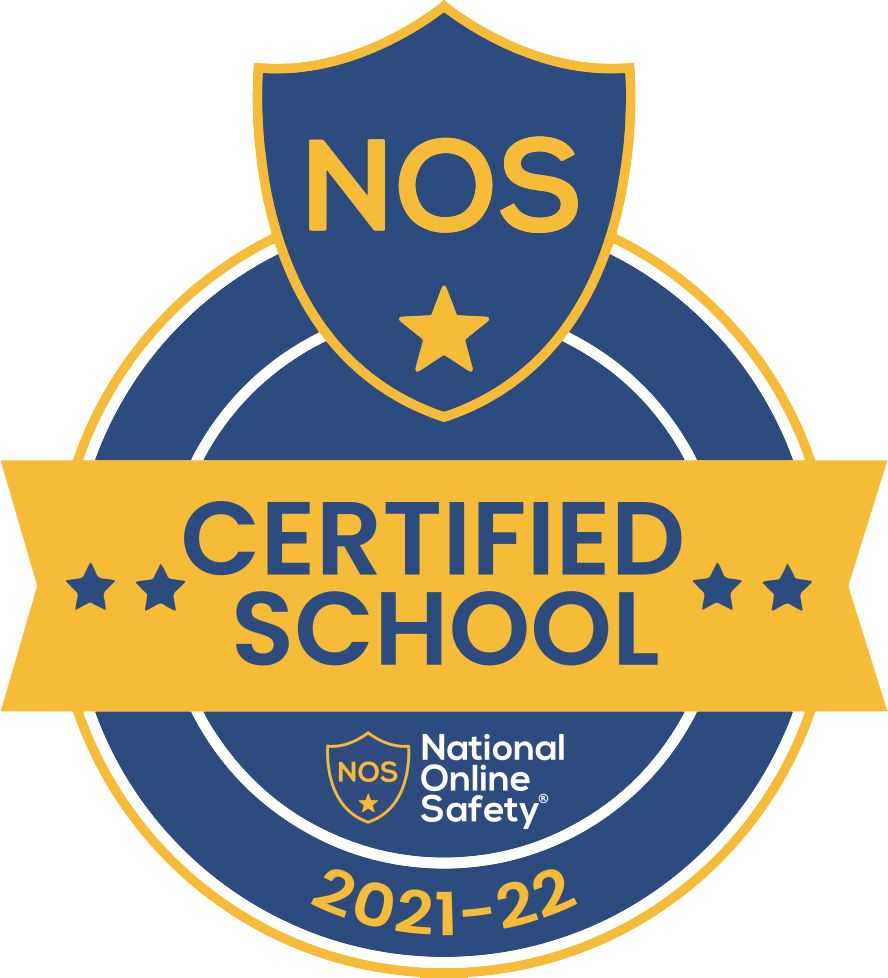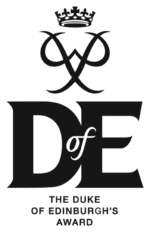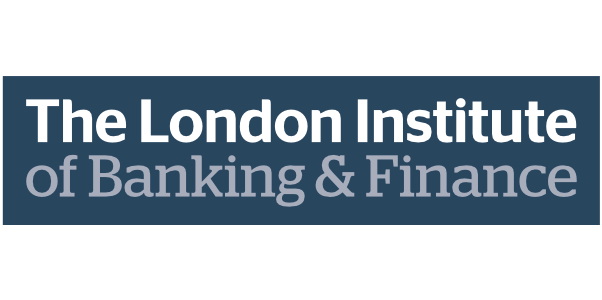Course Information
Cambridge National Sports Science Level 2
KS4
At KS4 we cover the following units:
R180: Reducing the risk of sports injuries and dealing with common medical conditions
This is assessed by an exam.
By completing this unit you will prepare as a participant to take part in physical activity in a way which minimises the risk of injuries occurring. It will also prepare you to know how to react to common injuries that can occur during sport and physical activity, and how to recognise the symptoms of some common medical conditions. Topics include:
- Different factors which influence the risk and severity of injury
- Warm up and cool down routines.
- Different types and causes of sports injuries
- Reducing risk, treatment and rehabilitation of sports injuries and medical conditions
- Causes, symptoms and treatment of medical conditions.
R181: Applying the principles of training: fitness and how it affects skill performance.
This is assessed by a set assignment.
By completing this unit, you will conduct a range of fitness tests, understand what they test and their advantages and disadvantages. You will also learn how to design, plan and evaluate a fitness training programme. You will then interpret the data collected from these fitness tests and learn how best to feed this back. Topics include:
- Components of fitness applied in sport.
- Principles of training in sport
- Organising and planning a fitness training programme
- Evaluate own performance in planning and delivery of a fitness training programme.
R183: Nutrition and sports performance This is assessed by a set assignment. By completing this unit, you will gain understanding of healthy, balanced nutrition. You will consider the necessity of certain nutrients and their role in enabling effective performance in different sporting activities. The knowledge you gain will be used to produce an appropriate, effective nutrition plan for a performer. Topics include:
- Nutrients needed for a healthy, balanced nutrition plan.
- Applying differing dietary requirements to varying types of sporting activity
- Developing a balanced nutrition plan for a selected sporting activity
- How nutritional behaviours can be managed to improve sports performance.







